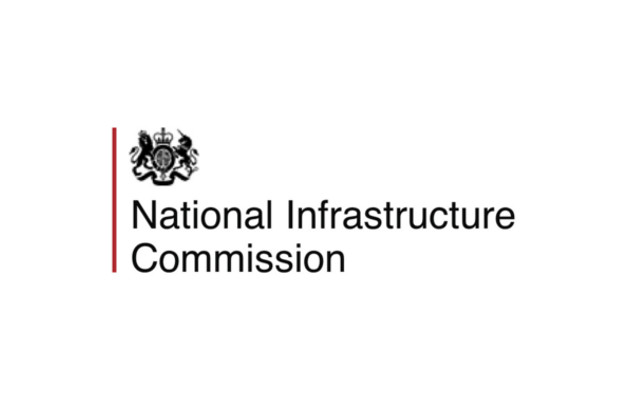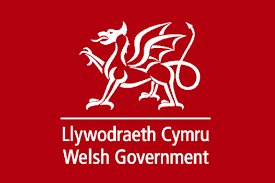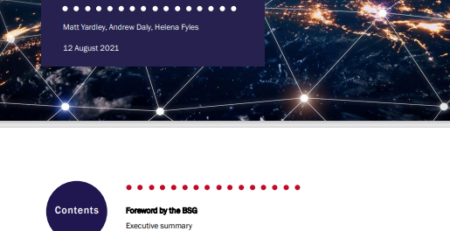The NIC focuses on 5G
The National Infrastructure Commission today reported back to Government on how to ensure that the UK can become a leader in the deployment of 5G and take early advantage of the applications that it may enable.
The core finding of the NIC is that mobile connectivity is essential and that the market, as currently structured, will struggle to meet these two objectives on its own and that the whole of Government must work with industry to deliver on them.
The report is split into three sections:
The Mobile Revolution
This provides the context for the report, both in terms of what the mobile sector has delivered and what 5G may bring.
Whilst the report emphasises that the mobile sector has been unable to deliver ubiquitous coverage in 2/3/4G due to it being uneconomic for them to do so, it states that “consumers have enjoyed innovative services and pricing in recent years, such as unlimited internet data, and UK prices are among the lowest in Europe, with the cost of a typical package falling by two-thirds since 2003.???
The NIC is clear that although the exact characteristics of 5G are yet to be finalised it is likely to “change the way people, institutions and objects interact in a number of ways.??? It is already clear that 5G will see the convergence of existing mobile generations and fixed networks with the addition of millimetre wave technologies (small cells) over time.
The NIC are clear that in terms of manufacturing the hardware that will be supplied to enable 5G, the UK will not be a leader as other countries are too far advanced. Where the report does believe there is an opportunity is in the use of 5G, in particular around Connected and Autonomous Vehicles (CAVs), media and the cloud, railway connectivity, healthcare, utilities and logistics as key emerging areas of interest.
Government’s approach to Digital Infrastructure
The NIC highlights the fragmented nature of Government’s approach connectivity, picking out how differing departments are responsible for broadband and mobile deployment, the Emergency Services Network and track and roadside coverage. It recommends that such projects come under one Minister to ensure that the overall picture is considered when procuring and deploying these projects. To be fair this sounds a lot like the Digital infrastructure and Inclusion Taskforce which Karen Bradley chairs.
On road coverage the NIC believes the long term requirements of CAVs and passengers will require a step change in coverage. To achieve this the NIC believe that around 18,000 wireless sites that make best use of existing infrastructure would cost approximately £380 million.
The NIC has a similar view and solution for rail with costs estimated to be in the £500-600 million range with a similar model that would seek to be a commercial asset selling connectivity to train operations, mobile operators and other players.
The NIC rightly cites local government as a key stakeholder in this. It has called on authorities and Local Enterprise Partnerships to develop coordinated mobile connectivity plans in order to ease the deployment of 5G networks. This will be key; the report states that the City of London will require somewhere in the region of 40,000 small cells. That is roughly the number of current base stations that serve the whole of the UK.
Coverage
The NIC are clear that based on previous generations of mobile, it does not believe that the market is capable of delivering the type of ubiquitous coverage it believes that we will need to be a leader in 5G: “A lack of government action risks the UK finding itself once again near the bottom of the league tables for connectivity as 5G is rolled out.???
The report calls for Ofcom and Government to look at new metrics for mobile coverage. Some of this work is already underway, particularly around Quality of Experience. Interestingly the NIC uses a ‘LTE availability’ measurement as its primary metric, which does not match Ofcom’s usual metrics of coverage of geography and premises – although this may signal a wider change that we will see in Ofcom’s soon to be published Connected Nations Report. Also, as ISPReview highlight we’ve seen a number of other reports talking about the strength of the UK’s 4G services recently.
The report also calls on Government to deliver a mobile Universal Service Obligation for essential services. This is interesting as it could lead to a debate around what to implement national roaming again although the NIC are clear that the timetable for this is lengthy – with an implementation deadline of 2025.






